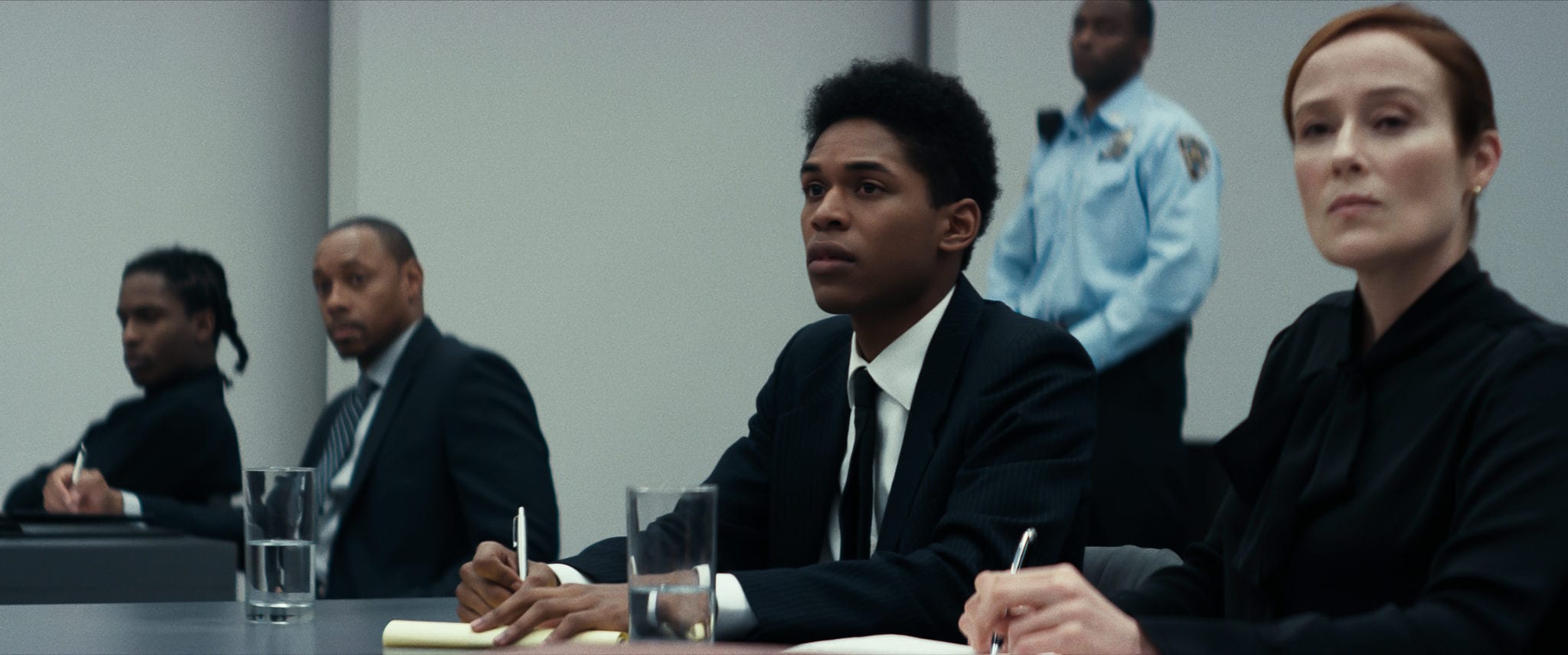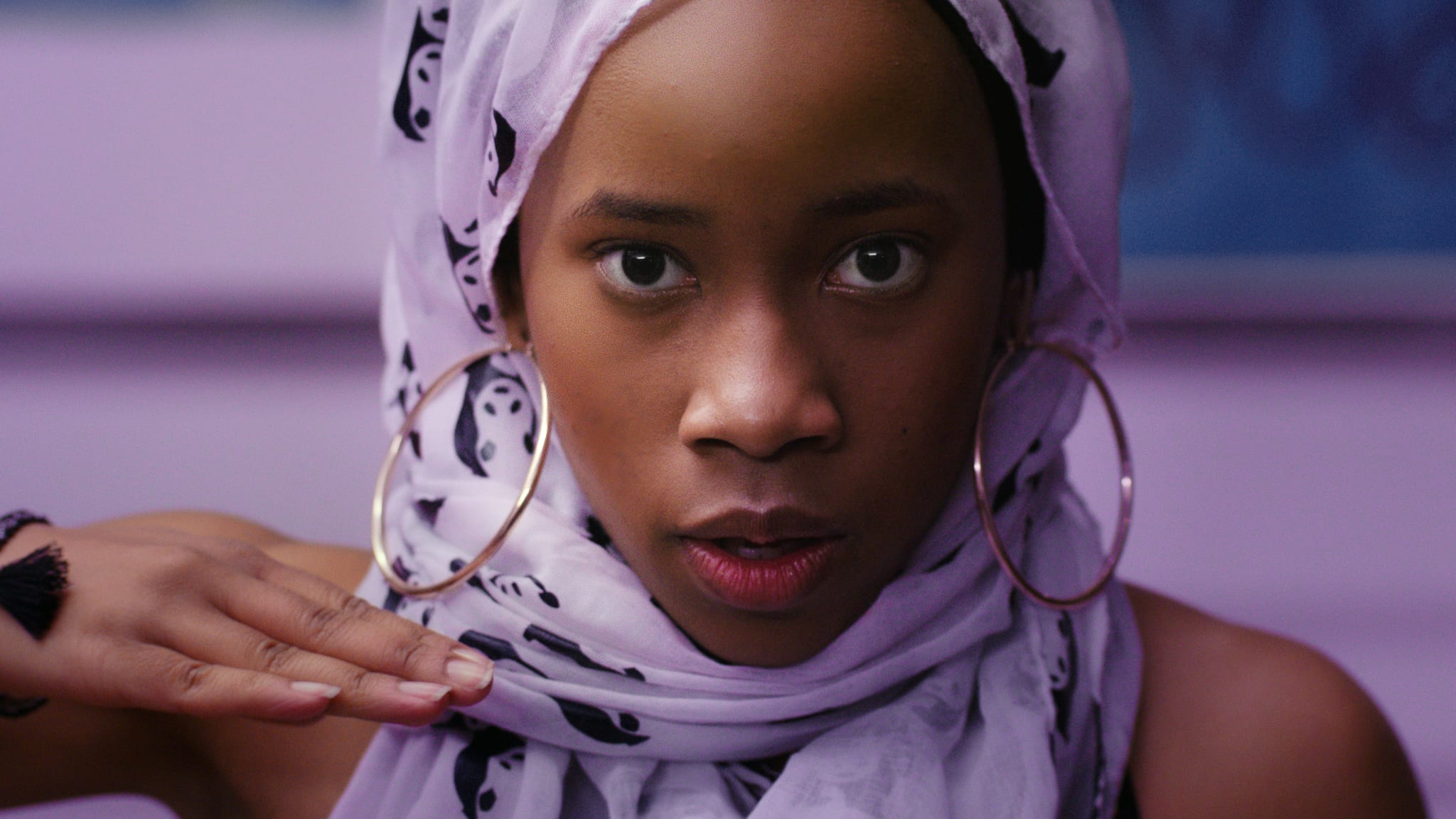
Monster: The Angles of Truth
Admittedly, Netflix can be hit and miss with their dramas. Since they produce so much content, it?s completely understandable that there would be a great deal of films and series that are worth sleeping on.? Monster is not one of those films. Directed by Anthony Mandler,?Monster?tells the story of Steve Harmon (Kelvin Harrison Jr.), a promising,…




